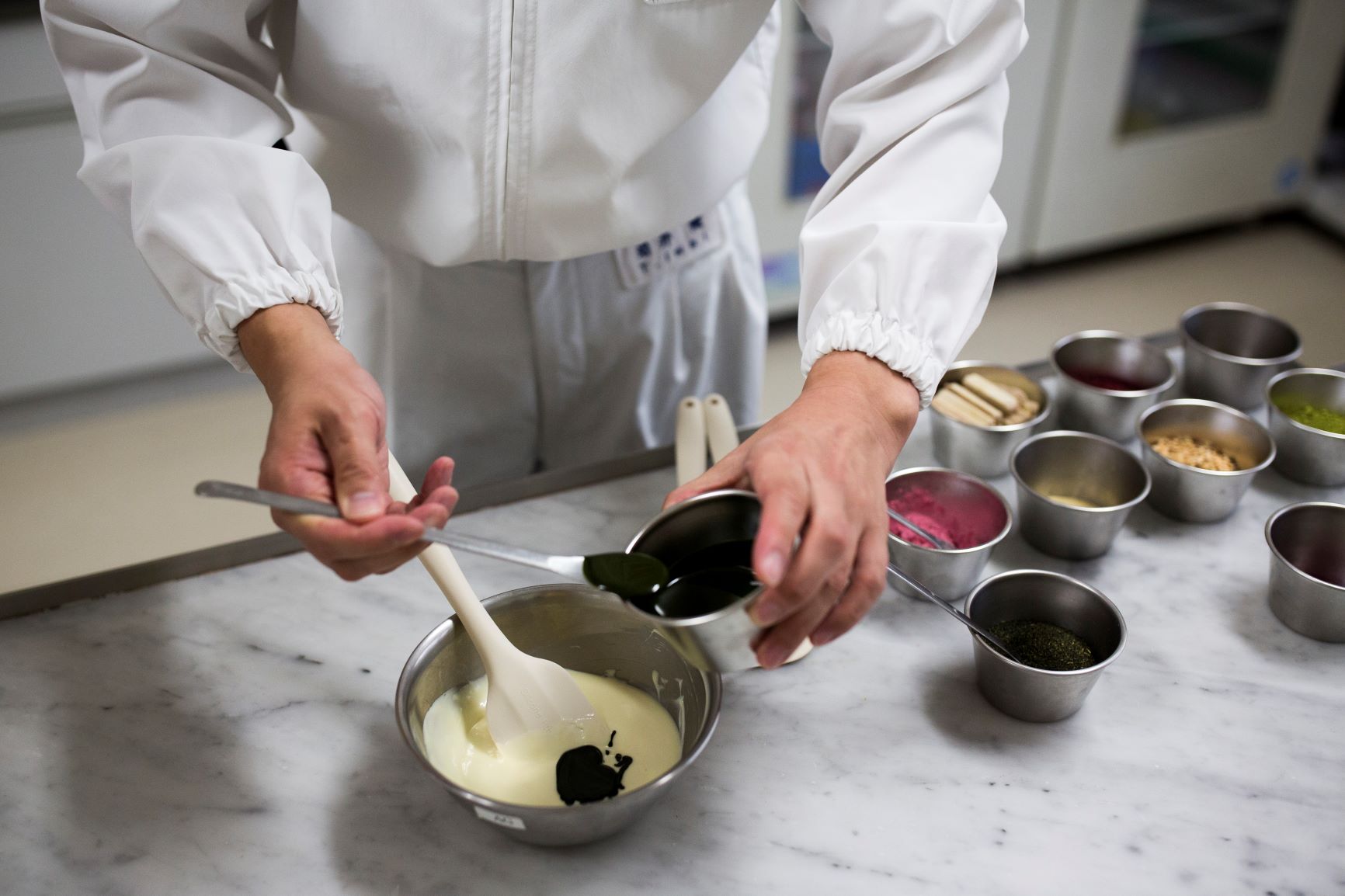
- ARAB NEWS
- 27 Apr 2024

Aseel Bashraheel Jeddah
Whether to reduce the risks of heart attacks, strokes and high blood pressure, or to get a jitter-free caffeine fix before breakfast, matcha tea is garnering interest in the Arab world.
Part of Japanese culture since the 12th century, it is made from ground green tea leaves that are refined and sheltered from the sun until harvest.
It is considered a healthy source of caffeine, and is rich in antioxidants and L-Theanine. Traditionally served via an elaborate tea ceremony, nowadays it is easily made at home, and is increasingly available on menus in the Arab world.
Rania Al-Ghamdi, a 27-year-old from Jeddah, said she first tried matcha tea three years ago at a Japanese event in the city. “I wanted to try it after seeing the tea ceremony so many times in anime,” she told Arab News.
Matcha’s grassy flavor is an acquired taste, but it has its benefits. “Even though it contains caffeine, I like that it doesn’t give me the jitters that usually come with coffee,” said Al-Ghamdi.
Local sellers usually import matcha powder, and it does not come cheap. “It would be awesome if matcha powder was sold at prices the middle class can afford,” Riyadh-based Lyal Ashry told Arab News.
She fell in love with matcha when she first tried it as a child, visiting the US, in the form of ice cream.
“I appreciate the nice earthy flavor. I’ve also found that it pairs well with unfiltered honey and almond milk or lactose-free milk,” Ashry said.
Nora Al-Rifai, a vegan from Jeddah, told Arab News: “I tried matcha latte and cake, having read about its health benefits. I was pleasantly surprised by the taste, and I’ve been enjoying it since.” But, she added, “the cake was quite pricey.”